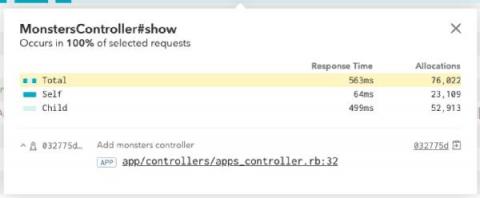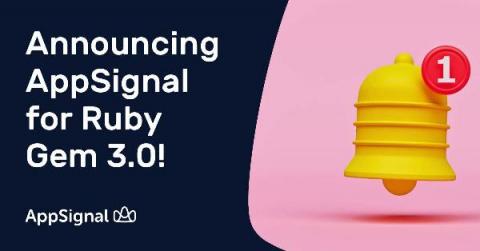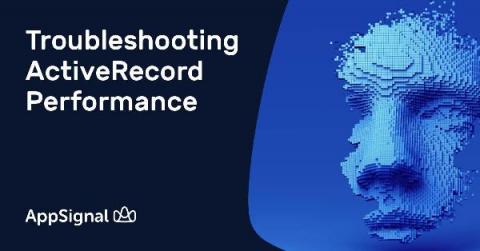Build an Uptime Monitoring System in Ruby with GCE, Cloud Storage, and PubSub
Google Cloud Platform provides developers with many tools to build scalable apps in a way friendlier than AWS. In this article, Olasubomi Oluwalana shows us how we can use the Google Cloud Engine, Storage, and PubSub offerings to build an uptime monitoring system in Ruby.











